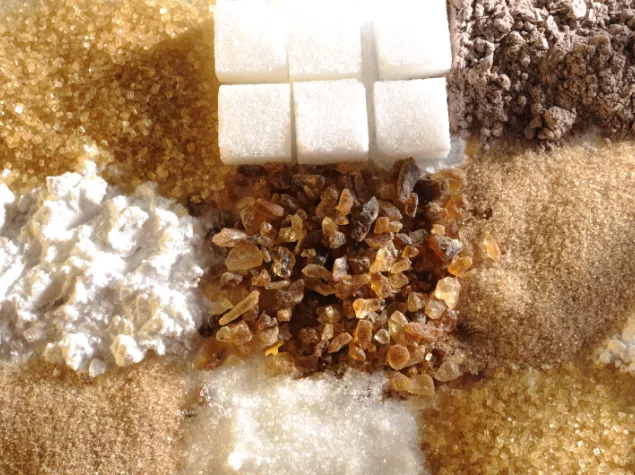
This content has been reviewed by Dr Wendy Hall, Kings College London, UK.
Cardiovascular disease
Cardiovascular disease (CVD) is a group of disorders affecting the heart (also known as heart disease) and blood vessels. It's usually associated with a build-up of fatty deposits inside the arteries and an increased risk of blood clots. It can lead to damage to the arteries (large blood vessel) and reduced blood supply in organs such as the brain, heart, kidneys and eyes. CVD is the leading cause of death worldwide, causing an estimated 17 million deaths (1). There are several factors which can increase a person’s chance of developing CVD. Some are unchangeable (genetics, age, family history), whilst others have the potential to be changed (high blood pressure, overweight, smoking, physical activity, high blood cholesterol) (2).
Dietary sugars and risk of CVD
Published scientific reviews of the evidence, by researchers at the University of Toronto and University of Otago, do not show a direct link between sugars consumption and risk of CVD (5,6). Excess calories from all foods and beverages, including sugars, can lead to weight gain, increasing the risk of obesity and other chronic diseases, such as CVD. Research suggests the effect of sugars on CVD risk is dependent on the total amount of excess calories in the diet (3,4). Some macronutrients [calorie-containing nutrients (e.g., fats and carbohydrates)] may make foods more palatable, which could promote the consumption of excess calories.
Which foods and drinks the sugars come from in our diet may also be important. Research shows there doesn't appear to be an unfavourable effect of sugars consumed in certain nutrient-dense foods including yogurt, fruit, 100% fruit juice, whole grain cereals, if consumed as part of an overall healthy diet (5,6). A link between high consumption of sugars-sweetened beverages (SSBs) and an increased risk of developing CVD has been found in some observational studies. However, there may be some other lifestyle factors that are also associated with high SSBs intakes and are not fully accounted for when assessing the links between dietary patterns and CVD risk. These could include low physical activity and other dietary factors such as high salt and saturated fat consumption, which are more common in individuals who consume a lot of SSBs and are known risk factors for CVD. As such, it is unclear whether high SSBs intakes, or other related factors, account for the increased risk of CVD (7–9).








